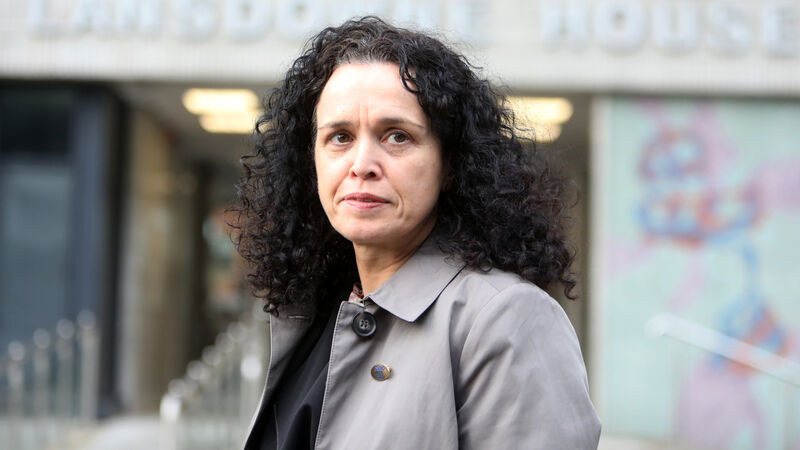'We've had the fire safety officer in': Overcrowding in hospitals is extremely dangerous, says INMO

General Secretary of the INMO, Phil Ní Sheaghdha, says providing safe care is now a huge challenge. Picture: Leah Farrell/RollingNews.ie
The Irish Nurses and Midwives Organisation (INMO) says the situation in public hospitals has become "extremely dangerous" due to "out of control" overcrowding.
It comes as the number of people on trolleys reached its highest level in over a year this week.
On Tuesday, 603 people were waiting for a bed nationally, that dropped slightly to 584 yesterday.
This morning, there are 508 patients waiting on hospital trolleys around the country.
University Hospital Limerick continues to be the worst hit with 67 people waiting for a bed. It's followed by Cork University Hospital with 45 and University Hospital Galway with 40 patients.
The HSE will give an update on its winter plan and the hospital situation later today.
General Secretary of the INMO, Phil Ní Sheaghdha, says providing safe care is now a huge challenge.
"In many of our hospitals now it is reported that nurses are trying to provide care to patients two-up in a cubicle. In other words, a cubicle that is designed for one person has two," she said.
"In the middle of an infectious variant such as Omicron, it is extremely dangerous. We have had the fire safety officer in some of the units, we felt it was so unsafe."
The situation is out of control and putting both patients and staff in danger, Ms Ní Sheaghdha said.
The Mater Hospital in Dublin is now asking people to avoid its emergency department where possible but the issue is impacting hospitals all around the country.
"We were down in Mullingar trying to get a handle on some of the issues. It was very overcrowded, a terrible weekend. This is unfortunately how our system operates during the winter months.
"What is happening in respect of Covid means that people who are in these situations are now at a greater risk of getting infected because there is absolutely no way at all that they can be isolated."









